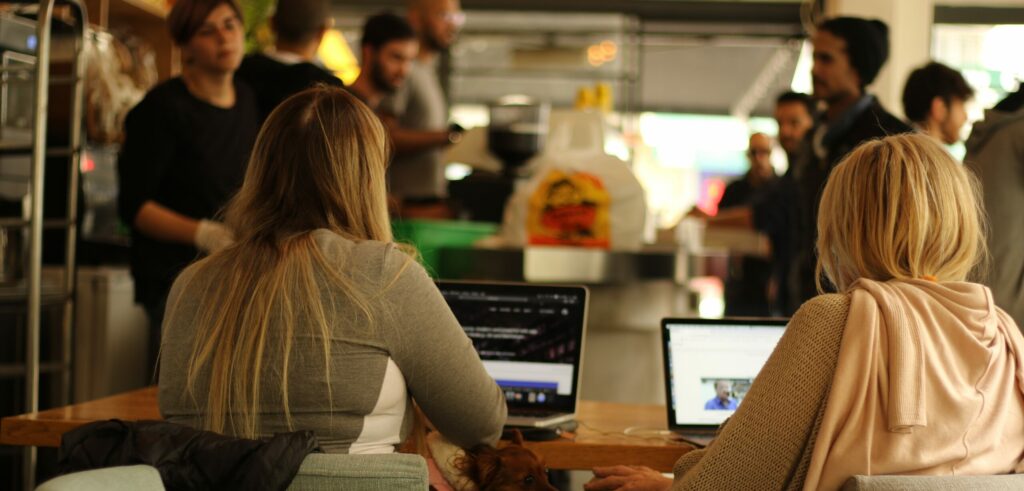
The main objective of the project Digital and Open Education for Equality-based Resilience DOEER is to contribute to an equality-based resilience in Italy, Spain, Romania, Slovakia, Cyprus, Slovenia, by tackling forms of discrimination, both in Higher Education and workplace, through dedicated digital learning and tools supporting tackling discriminating factors, through close cooperation of HEs and business.
Inclusion and diversity
The project DOEER promotes building more inclusive higher education systems through a multilevel approach to equality, to the scope of achieving improvement for individuals, society and economy.Inclusion is a development process that can lead to improvement in all human dimensions. The DOOER project is focused on equality, which is particularly fundamental to achieve any kind of inclusive objective. The principle of equality underpins all European policies and is the basis for European integration and sustainability. In the EU, equality concerns equal rights for all citizens before the law and it applies in all areas. In the project conceptual orientation, equality is a practice to be enhanced in all levels of inclusion activities (individual, social, working), and incorporates comprehending and respecting diversity.
DOEER promotes understanding and practicing equality, based on the definition of equality set in the CHARTER OF FUNDAMENTAL RIGHTS OF THE EUROPEAN UNION, III EQUALITY, particularly at the Articles 21 Non discrimination, 22 Cultural, religious and linguistic diversity, and 23 Equality between women and men.
Digital transformation
The DOEER initiative contributes to the digital transformation of higher education, which is one of the pillars of the post-Covid-19 recovery described in the Digital Education Action Plan (2021-2027) ‘Resetting education and training for the digital age’ (EU Commission, 2020), thus addressing the resilience of HE systems in the EU. Through the proposed digital transformation of HE in Italy, Spain, Romania, Slovakia, Cyprus and Slovenia, the project intends contributing to make societies more resilient, more competitive and efficient, but also stronger, supporting the participating six European countries to return as quickly as possible to a state of equilibrium. The proposed DOEER’s digital-based intiative is not only ‘human centred’ and designed in the light of an in-depth context of values, but aims also to contrast the digital issues that may lead to social inequalities.
The project DOOER addresses directly these interconnected objectives, implementing an action that will foster the digital transformation in HE joining efforts of European Universities and the world of work, to the scope of delivering not only a vision, but effective learning and tools that will lead to putting in place equality-based processes, whilst improving the digital skills in education.